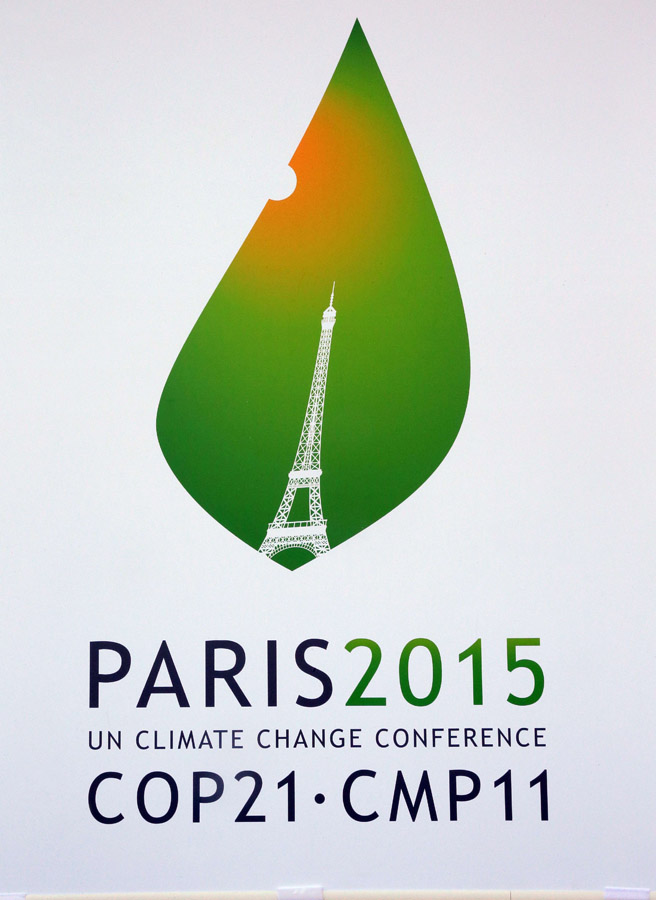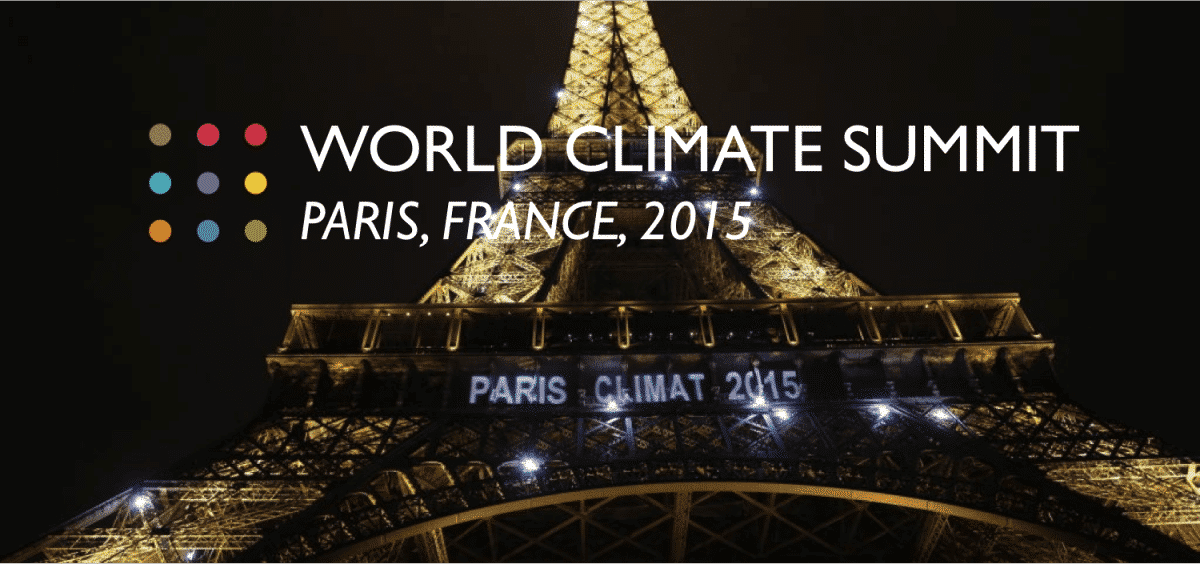 Today’s R&D is brought to you by Prepd (pronounced “prepped”). Prepd is building debate technology that helps extempers and congressional debaters research, practice, and compete. Visit www.prepd.in to learn more.
Today’s R&D is brought to you by Prepd (pronounced “prepped”). Prepd is building debate technology that helps extempers and congressional debaters research, practice, and compete. Visit www.prepd.in to learn more.
This week’s R&D covers the COP26 Summit, the twenty-sixth meeting of nations that signed the United Nations Framework Convention on Climate Change (UNFCCC) in 1994 and later agreed to the Paris Climate Accord in 2015. The leaders of the attending nations are trying to work out a framework to prevent global temperatures from increasing by 2.7 degrees Fahrenheit over the next twenty years.
COP26 news: Coal phase-out boosts hope for limiting warming to 1.5°C https://t.co/4f5ou1KraU
— New Scientist (@newscientist) November 4, 2021
As long as multilateral engagement is defined by nationalism, power politics, and emotion, rather than solidarity, law, and science, our future will continue to grow bleaker, warns @ecfr‘s @markhleonard. #COP26 #climatechange https://t.co/djwaY5x5zJ
— Project Syndicate (@ProSyn) November 4, 2021
“COP is sort of turning into a greenwash campaign, a PR campaign, for C.E.O.s, world leaders, politicians,” said Greta Thunberg at an event on the sidelines of COP26. https://t.co/e2MzJMNgiw
— NYT Business (@nytimesbusiness) November 4, 2021



 Starting next Monday, more than one hundred heads of state, climate activists, international officials, and scientists will convene in Paris for negotiations on a new global climate accord that can replace the 1997 Kyoto Protocol. The conference, also referred to as COP21, will aim to install oversight of carbon emission reductions by the developed (and possibly developing world) and create a framework to aid developing nations in climate mitigation efforts. Those following environmental policy are hopeful that this conference, which has been promoted for two years, will not collapse like the Copenhagen talks did in 2009. However, limitations facing U.S. President Barack Obama, who once dreamed of a farther reaching and legally binding climate accord, may constrain the talks since the Republican Party is likely to reject any agreement that obligates the United States to reduce its carbon emissions. According to climate activists, the failure of the Paris talks would set the world on a dangerous path since the world is set to have its hottest year on record this year. According to these activists the time to act on climate change has finally arrived.
Starting next Monday, more than one hundred heads of state, climate activists, international officials, and scientists will convene in Paris for negotiations on a new global climate accord that can replace the 1997 Kyoto Protocol. The conference, also referred to as COP21, will aim to install oversight of carbon emission reductions by the developed (and possibly developing world) and create a framework to aid developing nations in climate mitigation efforts. Those following environmental policy are hopeful that this conference, which has been promoted for two years, will not collapse like the Copenhagen talks did in 2009. However, limitations facing U.S. President Barack Obama, who once dreamed of a farther reaching and legally binding climate accord, may constrain the talks since the Republican Party is likely to reject any agreement that obligates the United States to reduce its carbon emissions. According to climate activists, the failure of the Paris talks would set the world on a dangerous path since the world is set to have its hottest year on record this year. According to these activists the time to act on climate change has finally arrived.
 Here is today’s premium R&D to accompany
Here is today’s premium R&D to accompany  Here is today’s premium R&D to accompany
Here is today’s premium R&D to accompany